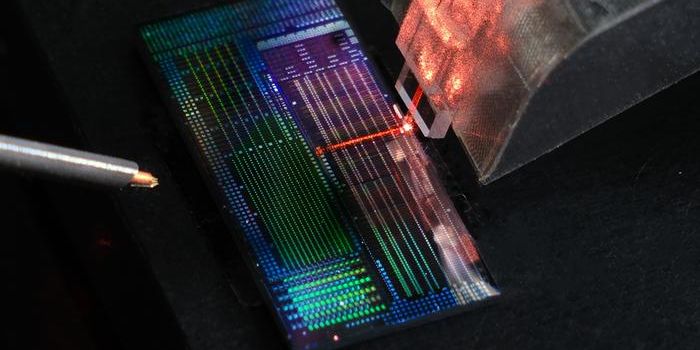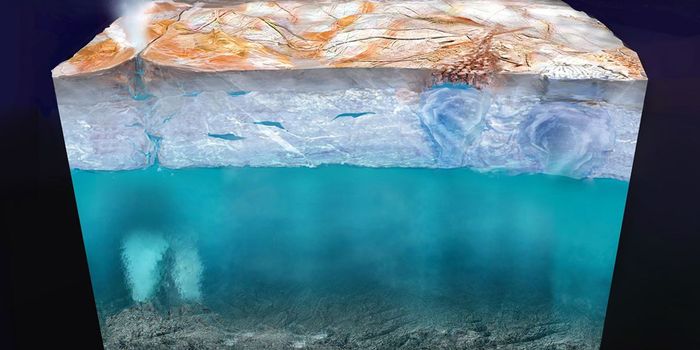Sorbent made from MOF grown on PET absorbs common insecticide
A new study published recently in Applied Materials Today details an innovative method of absorbing insecticide from water. The sorbent is made from a metal-organic framework grown on old plastic water bottles made from polyethylene terephthalate (PET), a commonly used plastic. The method was designed by chemists from Tomsk Polytechnic University.
Metal-organic frameworks, known as MOFs, are a class of compounds consisting of metal ions or clusters bonded to organic ligands that form three-dimensional porous structures. MOFs are unique in that they have the properties of both metals and organic compounds. Their porousness also gives them a high surface area.
"Due to their porous structure and a number of other properties, metal-organic frameworks have a high potential as sorbents. We are particularly interested in the problem of insecticide sorption, which are extensively used in modern agriculture and accumulated in soil and water. We have proposed a new method to synthesize a metal-organic framework named UiO-66 with zirconium ions. The source material is what interests us first of all," Pavel Postnikov, the research supervisor and Associate Professor of TPU Research School of Chemistry and Applied Biomedical Sciences, says.
The researchers were interested in developing a sorbent that could absorb imidacloprid from water. Imidacloprid is one of the most commonly used insecticides in agriculture. Author of the study Oleg Semyonov explains:
"Imidacloprid accumulates in natural water bodies penetrating from soil. According to Canadian researchers, imidacloprid was detected in waters around the world at concentrations ranging from 0.001 to 320 micrograms per liter.”
The UiO-66 MOF combined with zirconium ions provided a framework sensitive enough to attract imidacloprid molecules and remove them from water. Luckily, PET offered a foundation for UiO-66. “UiO-66 is usually derived at high temperatures and pressure using commercial terephthalic acid. However, we used PET consisting of ethylene glycol with terephthalic acid. This acid is a structural material for organic linkers in frameworks and plastic bottle material already contains it," says Semyonov.

The researchers were able to show that their sorbent can be reused up to five times and remove insecticide molecules from water with 15 grams of sorbent per 1 liter. They say that they have hope that their sorbent will benefit the agricultural industry in enhancing filtration systems.
Sources: Applied Materials Today, Eureka Alert








